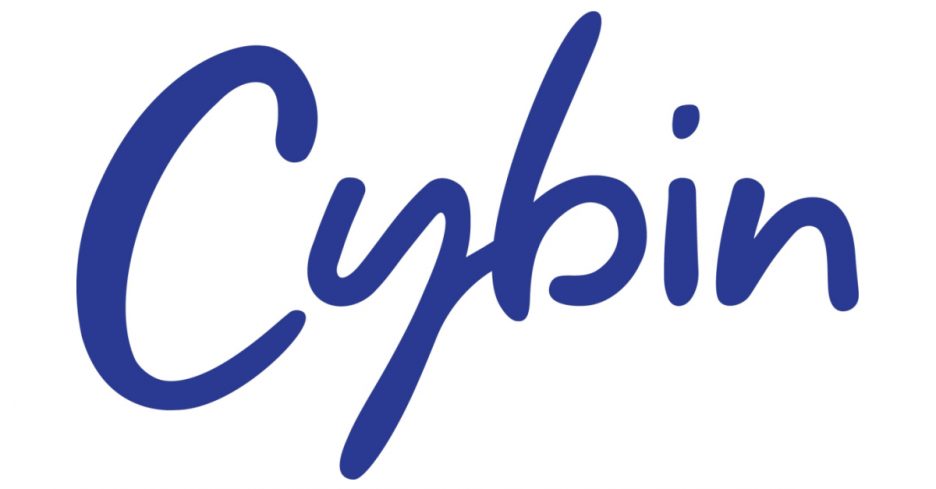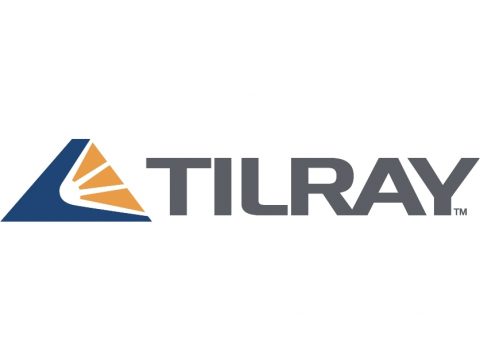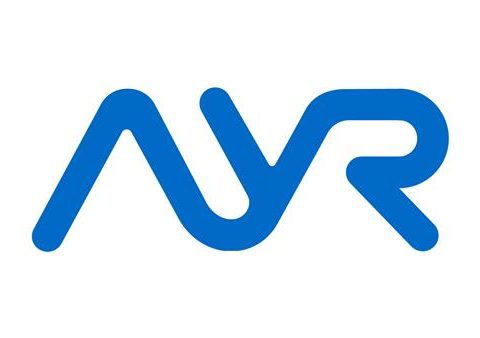Cybin Inc. (NEO:CYBN) (NYSE American:CYBN) (“Cybin” or the “Company”), a biopharmaceutical company focused on progressing “Psychedelics to Therapeutics™”, today announced that the U.S. Food and Drug Administration (“FDA”) has authorized an investigator-initiated randomized, placebo-controlled Phase 2 clinical trial evaluating psychedelic-assisted psychotherapy with psilocybin for frontline clinicians experiencing COVID-related distress. The trial will be conducted at the University of Washington and will aim to treat symptoms of depression, anxiety, burnout and post-traumatic stress among frontline doctors, nurses and healthcare professionals. The trial’s Primary Investigator, Dr. Anthony Back, received an investigational new drug (“IND”) approval letter from the FDA, which provides authority to proceed with the Phase 2 trial.
Further to the authorization from the FDA, the study has also received Institutional Review Board (“IRB”) approval at the University of Washington. This investigator-initiated trial will be hosted in Seattle, a city significantly impacted by the COVID-19 pandemic and will be funded by multiple organizations.
“This study offers an important opportunity to assess psychedelics-assisted therapy as a new modality for clinicians who have suffered as a result of their frontline work in the pandemic,” said Dr. Anthony Back.
To support the initiative, Cybin’s Chief Clinical Officer, Alex Belser, PhD and Bill Brennan, PhD (candidate) developed EMBARK, a six-domain model of psychedelic-assisted psychotherapy. EMBARK was designed as a transdiagnostic psychotherapy model that can be adapted to address a range of clinical indications and populations. In collaboration with Dr. Anthony Back and Ladybird Morgan, RN, MSW, an adapted version of EMBARK has been co-authored to treat COVID-related burnout and symptoms of depression among frontline healthcare workers, and this version includes material that specifically addresses cultural inclusion anticipating a diverse population of clinicians. Cybin launched the EMBARK Psychedelic Facilitator Training Program for study facilitators in October 2021.
“Throughout the COVID-19 pandemic, nurses, doctors, and healthcare professionals on the frontlines have worked hard to provide care under extremely difficult circumstances. Understandably, under this stress, many frontline healthcare workers have experienced symptoms of depression and burnout. We believe psychedelic medicine, when given with a supportive psychotherapy program like the EMBARK approach, may provide a promising treatment approach to bolster mental health,” said Dr. Alex Belser, Cybin’s Chief Clinical Officer.
“This clinical trial provides an opportunity to better understand the effectiveness of combining psilocybin and EMBARK. Learnings from this combination Phase 2 trial will inform the use of EMBARK in Cybin’s upcoming human studies using CYB003, a proprietary deuterated psilocybin analog that has the potential to reduce clinic times and dosing levels in half as well as potentially reduce side effects and adverse events,” said Doug Drysdale, Chief Executive Officer of Cybin.
About the Phase 2 trial
The Phase 2 clinical trial will enroll 30 frontline clinicians (physicians, nurse practitioners, physician assistants, nurses). Inclusion criteria include clinically significant symptoms of depression and anxiety (primary outcome) and existential distress (secondary outcome) following work exposure during the COVID pandemic. The trial will employ a randomized parallel design methodology using an active placebo. The primary outcome will be a comparison between the two groups in depression and anxiety as measured by the Montgomery Asberg Depression Rating Scale (MADRS) total at 4 weeks post dose session. The secondary outcome will be a comparison between the two groups in symptoms of existential distress measured by the Demoralization DS-ii at 4 weeks post dose session. A mediation analysis of self-reported mystical states (Mystical Experience Questionnaire-30 item (MEQ-30)) and psychological flexibility (Acceptance and Action Questionnaire II (AAQII)) on changes in the primary outcome (HADS) will be analyzed.
Additional assessments include measures of clinician burnout (Stanford Fulfillment Index), post-traumatic stress (PTSD Checklist for DSM-5 (PCL-5)) and a semi-structured interview to identify factors that positively and negatively influence the integration phase of psychedelic-assisted psychotherapy. The assessment will also characterize the process of psychological change and effects on work and home life.
Dr. Anthony Back is a recognized leader in the fields of palliative care and oncology. He is a board-certified physician at the University of Washington, Founding Co-director of the University of Washington Center for Excellence in Palliative Care, and a University of Washington professor of Oncology and Medicine. He is triple board certified in Hospice and Palliative Medicine, Medical Oncology and General Internal Medicine. He was the principal investigator for the National Cancer Institute-funded Oncotalk interventions, which enabled the founding of the nonprofit VitalTalk, co-wrote Mastering Communication with Seriously Ill Patients, produced the first iPhone app for clinician communication skills, and is a Contemplative Studies Fellow of the Mind and Life Institute. His clinical and research interests include patient-physician communication and quality of life in palliative care. Dr. Back earned his medical degree at Harvard Medical School.




